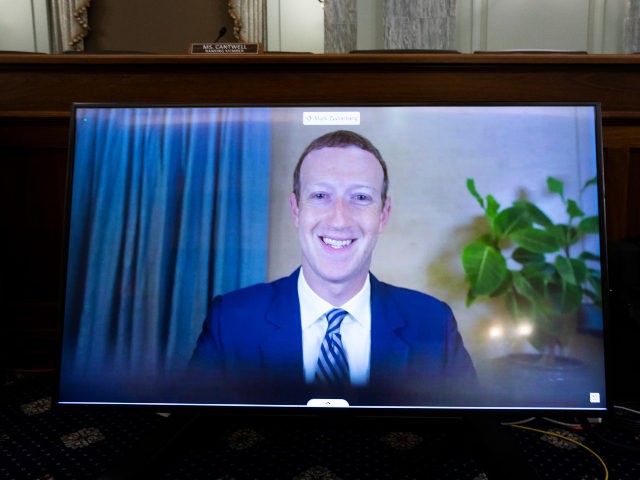Big media companies are making another attempt to pass the Journalism Competition and Preservation Act (JCPA), a bill that would protect them from online competition, propping up legacy media in the face of widespread public distrust and a failing business model.
According to an exclusive story published by News Corp’s Wall Street Journal (News Corp has been a major backer of this legislation, and similar efforts around the world), the new version of the JCPA would give an even bigger advantage to legacy media companies, giving them an antitrust exemption for ten years instead of the four years of the original bill.
Publishers would be given the legal authority to form a cartel, usually illegal under antitrust law, to collectively bargain with Silicon Valley tech giants for financial handouts and special treatment, such as prioritization in search results, news feeds, and other core features.
The amended bill would also force Big Tech to come to terms with Big Media, by imposing an arbitration process on them. If Big Tech companies cannot voluntarily make a deal to favor discredited Big Media companies, an arbitrator will force one upon them.
The likely losers of the bill are the new generation of independent journalists and content creators on Substack, YouTube, Twitch, and other platforms, creators that younger demographics increasingly turn to as trust in the legacy media fades. As they are not traditional media companies, this new generation of media creators would likely be excluded from the benefits of the bill.
The previous version of the bill excluded any media creator that is not “similarly situated” to other members of the cartel, which certainly would have excluded the legacy media’s new online competitors.
There is no indication in the Wall Street Journal’s report that this has changed.
Multiple Republican legislators including GOP leader Rep. Kevin McCarthy (R-CA), Sen. Marco Rubio (R-FL), Sen. Marsha Blackburn (R-TN) and Sen. Tom Cotton (R-AR) have all denounced the JCPA, warning that it is a handout to discredited media companies that also deepens their collusion with Big Tech.
Experts including FCC Commissioner Nathan Simington, President Trump’s Big Tech expert Prof. Adam Candeub, and former federal antitrust enforcer Dr. Daniel Francis have all warned that the legislation is misguided.
The Wall Street Journal points to a new amendment, which restricts the bill’s protections to media companies with fewer than 1,500 employees, as evidence that the amended bill is not simply a bailout for the world’s largest and richest media companies.
This is incorrect. Many wealthy and influential national media brands, including MSNBC and the Washington Post, already have fewer than 1,500 employees.
Moreover, it would be trivial for companies with more than 1,500 employees, including the Wall Street Journal, to use corporate restructuring to split divisions into separate companies, allowing them to benefit from the bill’s protections.
Restructuring to avoid antitrust law is common in the corporate world. For example, Google — which owns YouTube — restructured into Alphabet, of which Google and YouTube are now, technically, mere subsidiaries.
There is no indication in the Wall Street Journal that the 1,500 employee cap will address this. There are many large media conglomerates, including News Corp, Disney, Hearst, and others that own multiple news companies with 1,500 employees or fewer.
Nothing in the Wall Street Journal’s report indicates that these giant parent companies (some of which are worth billions of dollars) or their subsidiaries will be excluded by the cap.
In other words, the bill still looks like corporate welfare for some of the world’s least trusted brands.
It also comes at a time when Big Tech companies are voluntarily giving huge sums of money to legacy media companies.
Last year, it was reported that Facebook is paying massive “licensing fees” to news publishers totaling $1.6 billion. Google has been pouring hundreds of millions of dollars into news companies for years, including a recent deal worth tens of millions of dollars for access to News Corp content.
Big Tech favors Big Media in other ways, including censoring its competition and artificially promoting them to users. In 2018, Breitbart News released a leak from YouTube showing how the video platform rigs its search results to favor legacy media.
Despite this favoritism and the handouts they already receive, big media companies continue to push for the JCPA, and for similar laws around the world.
Media lobbyists persuaded the government of Australia to pass laws forcing tech companies to give them handouts, and similar legislation has now been proposed in Canada.
Allum Bokhari is the senior technology correspondent at Breitbart News. He is the author of #DELETED: Big Tech’s Battle to Erase the Trump Movement and Steal The Election.

COMMENTS
Please let us know if you're having issues with commenting.